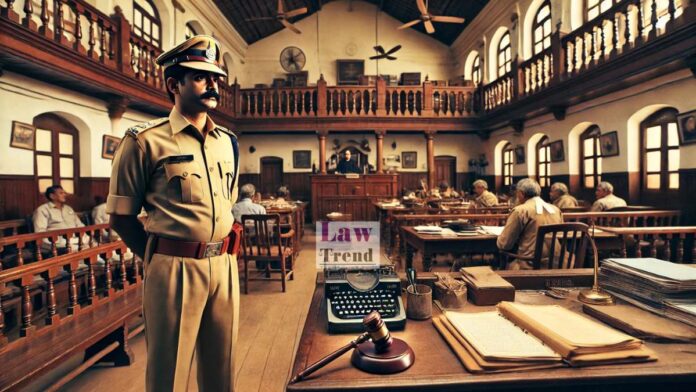In a noteworthy decision, the Andhra Pradesh High Court has quashed the disciplinary penalty imposed on a police constable, emphasizing that “a decision must be arrived at on some evidence, which is legally admissible.” The case, involving allegations of corruption against G. Srikanth, a police constable, raised critical questions about the adherence to the principles
To Read More Please Subscribe to VIP Membership for Unlimited Access to All the Articles, Download Available Copies of Judgments/Order, Acess to Central/State Bare Acts, Advertisement Free Content, Access to More than 4000 Legal Drafts( Readymade Editable Formats of Suits, Petitions, Writs, Legal Notices, Divorce Petitions, 138 Notices, Bail Applications etc.) in Hindi and English.




